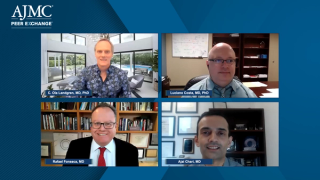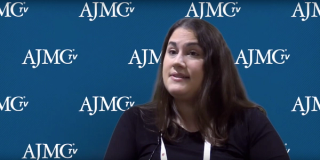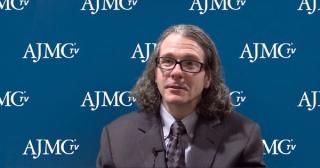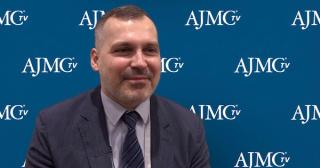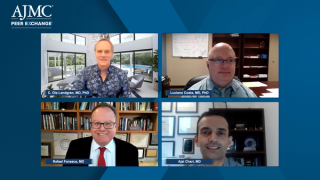
Hematology
Latest News
Latest Videos

More News

Improvements in multiplex immunofluorescence and spatial analysis have enabled a better understanding of the ways classical Hodgkin lymphoma evades the immune system.
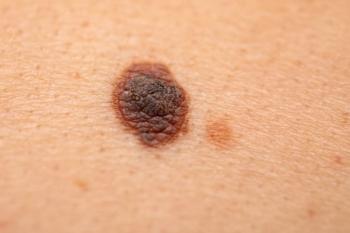
The authors said their findings also suggest AXL inhibition might be an important therapeutic strategy.
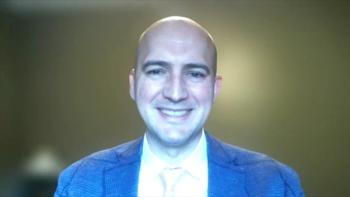
Leland Metheny, MD, is lead investigator for the Phase 1 BAFF CAR T clinical trial, which is evaluating the safety and effectiveness of a novel approach to chimeric antigen receptor (CAR) T-cell therapy in multiple myeloma (MM) that targets 3 receptors on cancer cells and uses electroporation vs the typical lentiviral vector delivery.
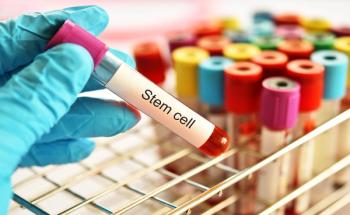
To continue the response they experienced with a first autologous stem‐cell transplant (ASCT) for their multiple myeloma, patients in this analysis received a second ASCT, with French investigators evaluating their outcomes.
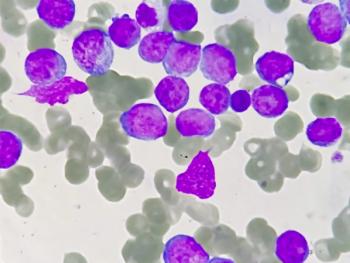
A meta-analysis demonstrated the superiority of Bruton tyrosine kinase inhibitors (BKTi) in the overall survival of patients with chronic lymphocytic leukemia compared with other therapies.

Analysis of the phase 3 explorer7 (NCT04083781) study indicates a preference for concizumab prophylaxis over no prophylaxis in patients with hemophilia A or B with inhibitors.
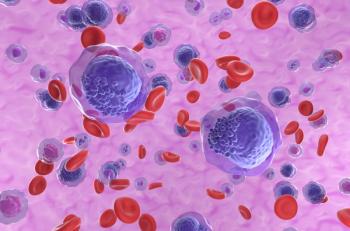
Recent years have brought a more targeted approach to treating acute myeloid leukemia (AML) based on accumulating knowledge about the genetic makeup of the heterogenous disease.

CAR T-cell therapy results in a high incidence of cytokine release syndrome, but it is manageable in most cases.
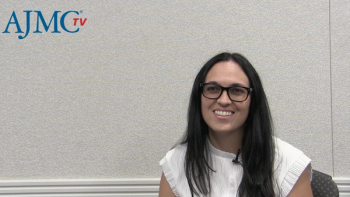
Maria Amaya, MD, PhD, University of Colorado School of Medicine, explores discrepancies between real-world data and clinical trial outcomes, as well as her experience ensuring the reliability of real-world analysis.

Ravulizumab therapy may enable patients with paroxysmal nocturnal hemoglobinuria (PNH) to comparable achieve activity levels and patient-reported outcomes to the US general population.

Authors acknowledge that both the 2022 World Health Organization and International Consensus Classification myelodysplastic syndrome criteria sets have value, while sorting out their similarities and differences.

The FDA has approved axatilimab-csfr (Niktimvo) for treating adults and children with chronic graft-versus-host disease who have progressed on at least 2 prior treatments.
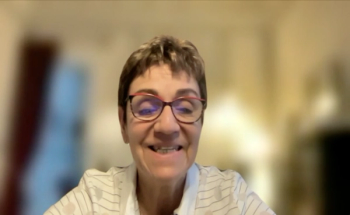
In part 1 of our interview with Anna Sureda, MD, PhD, president of the European Group for Blood and Marrow Transplantation, she summarized the current treatment landscape for relapsed/refractory diffuse large B-cell lymphoma (R/R DLBCL) and follicular lymphoma (FL).

As the treatment landscape for chronic lymphocytic leukemia (CLL) has moved into an era where targeted treatments are a mainstay of treatment, new opportunities to tailor therapy have emerged.
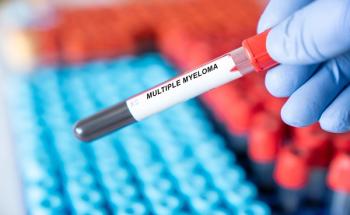
Relapsed/refractory multiple myeloma (RRMM) remains an incurable hematologic cancer, often resulting in patients treated with several classes of medications—particularly older patients.

A systematic analysis that reviewed screening for sickle cell retinopathy in patients with sickle cell disease (SCD) underscores the importance of advanced imaging measures and further research on screening implementation methods.

Adding blinatumomab to consolidation chemotherapy for B-cell precursor acute lymphoblastic leukemia (BCP-ALL) in patients without measurable residual disease (MRD) led to improvements in overall and relapse-free survival.
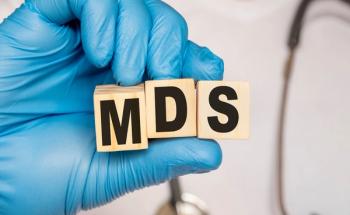
Only about a quarter of patients who have myelodysplastic syndrome (MDS) experienced hematologic improvement with erythropoiesis-stimulating agents (ESAs).

Investigators wanted to know how well the NFlymSI-18 assessment was able to assess patient-reported outcomes in people with indolent B-cell non-Hodgkin lymphoma (NHL).

Daratumumab/hyaluronidase-fihj plus bortezomib, lenalidomide, and dexamethasone is now approved by the FDA to treat newly diagnosed multiple myeloma (MM) in patients eligible for autologous stem cell transplant.

A new study suggests inhibiting ActivinA might improve the efficacy of chemotherapy in patients with B-cell acute lymphoblastic leukemia (B-ALL).
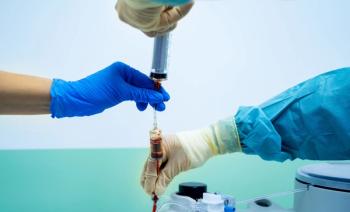
Post–hematopoietic cell transplantation (HCT) prophylaxis using cyclophosphamide to stave off graft-vs-host disease had positive results compared with calcineurin inhibitor–based prophylaxis, regardless of whether the patient had a matched or unmatched donor.

This systematic review focusing on the targeted therapy era found solid associations between measurable residual disease (MRD) and clinical outcomes in patients with chronic lymphocytic leukemia.

When the mercury outside ascends too high early in pregnancy, the risk of pediatric acute lymphoblastic leukemia may rise as well; results also show greater impacts on Latino populations.
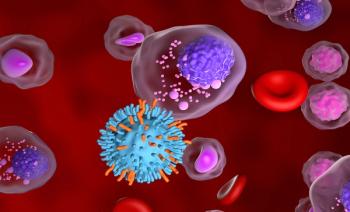
This new analysis examined the investigational chimeric antigen receptor (CAR) T-cell therapy GC012F among patients with newly diagnosed and high-risk multiple myeloma (MM).






